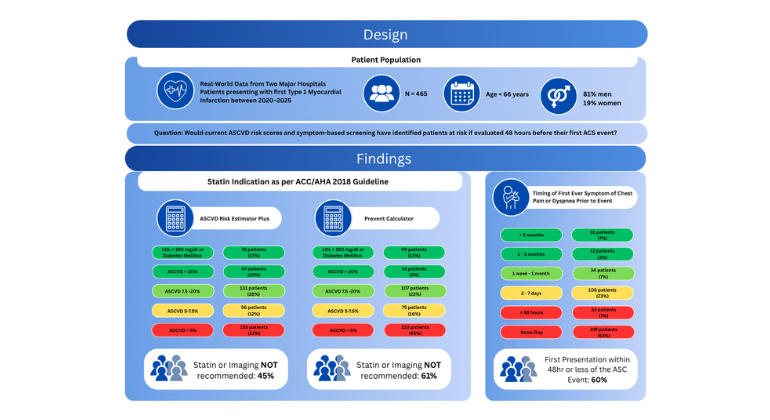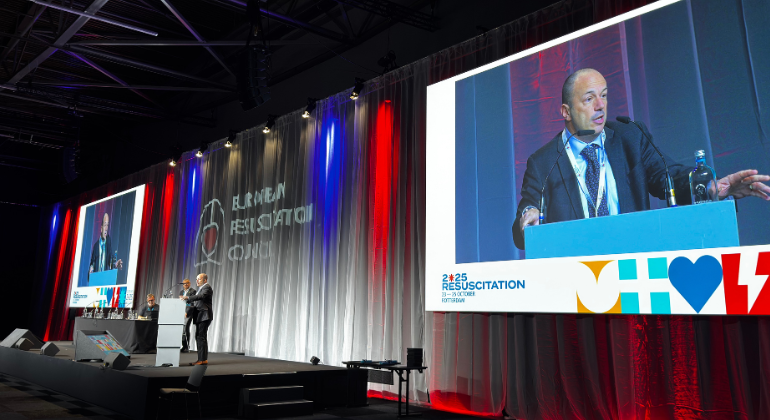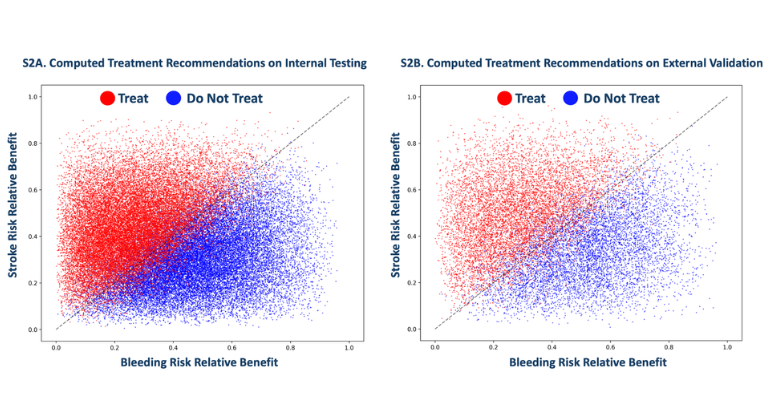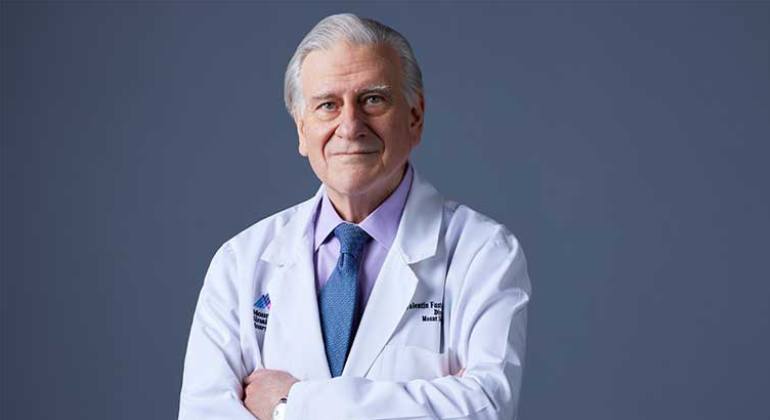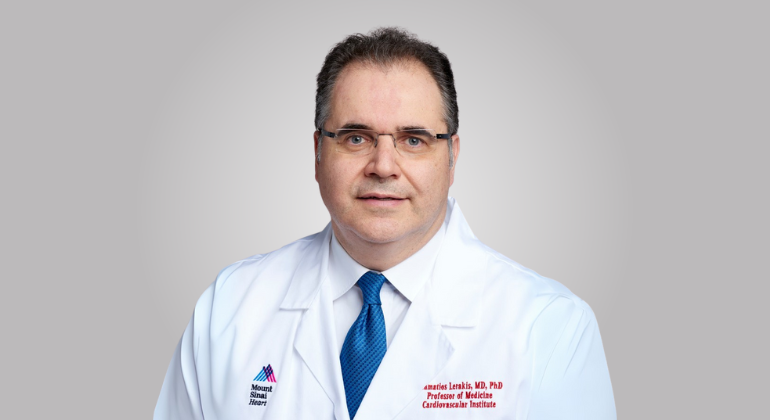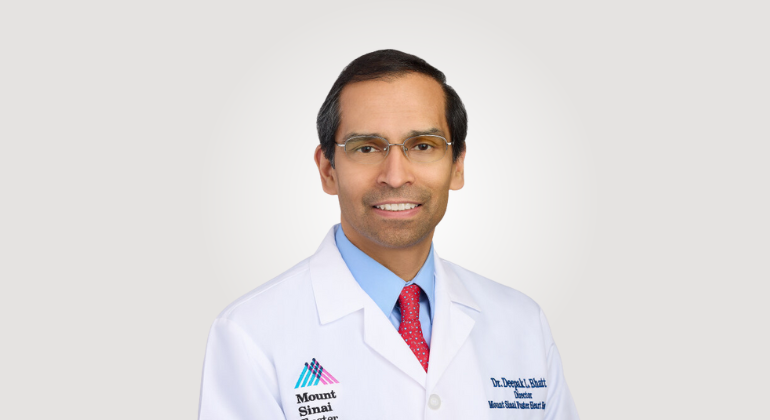New Study Reports on the High Cost of Cardiac Surgery Healthcare Associated Infections
Findings reported at AHA Scientific Sessions 2013 reveal the economic impact of healthcare associated infections following cardiac surgery.
After cardiac surgery, healthcare-associated infections (HAIs) are common complications associated with increased morbidity, mortality, and use of resources.
Study findings reported at the American Heart Association's Scientific Sessions 2013 by investigators from the Cardiothoracic Surgical Trials Network (CTSN), whose Data and Clinical Coordinating Center is at Icahn School of Medicine at Mount Sinai, revealed the substantial economic impact of HAIs following cardiac surgery and the importance of preventing these infections leading to re-hospitalizations.
In the new analysis, researchers examined data about the incremental costs associated with major HAIs within 65 days of cardiac surgery. Clinical data from 4,320 patients at nine academic medical centers was merged with related financial data routinely collected by the University Health Consortium in the United States. The most common cardiac surgery procedures undergone by these patients included valve surgery, coronary artery bypass graft (CABG), and CABG/valve surgery.
The data show during hospitalization, 2.7 percent of patients experienced major infections, such as pneumonia, sepsis, C. Difficile, and surgical site infections.
The average cost due to treating major HAI infection was calculated as about $40,000, with increased costs from Intensive Care Unit stays being an important contributing factor. Also, patients with major HAIs were nearly twice as likely to be readmitted as those with non-HAIs. In the patient population studied, there were 74 readmissions, with 8.7 percent due to HAIs.
"Our analysis found readmissions due to HAIs, after cardiac surgery cost on average nearly three times as much as non-HAI related readmissions," says Giampaolo Greco, PhD, Assistant Professor of Health Evidence and Policy at Icahn School of Medicine at Mount Sinai.
"We need to take action to avert preventable readmissions due to HAI infection rates after cardiac surgery, first for the patient's health and also to curb rising healthcare costs," says Dr. Greco.
This study was funded by the National Institutes of Health and Institute for Health Technology Studies (InHealth), a non-profit foundation.
As principal investigator for CTSN's Data and Clinical Coordinating Center based at Mount Sinai, Annetine C. Gelijns, PhD, Professor and Chair of the Department of Health Evidence and Policy at Icahn School of Medicine at Mount Sinai, previously received financial compensation as a consultant for InHealth's Research Council, which has supported some of the study-related analyses.
This study was presented at the AHA Scientific Sessions 2013 in Abstract Poster Session (18267): The Economic Impact of Healthcare Associated Infections in Cardiac Surgery.
About the Mount Sinai Health System
Mount Sinai Health System is one of the largest academic medical systems in the New York metro area, with 48,000 employees working across seven hospitals, more than 400 outpatient practices, more than 600 research and clinical labs, a school of nursing, and a leading school of medicine and graduate education. Mount Sinai advances health for all people, everywhere, by taking on the most complex health care challenges of our time—discovering and applying new scientific learning and knowledge; developing safer, more effective treatments; educating the next generation of medical leaders and innovators; and supporting local communities by delivering high-quality care to all who need it.
Through the integration of its hospitals, labs, and schools, Mount Sinai offers comprehensive health care solutions from birth through geriatrics, leveraging innovative approaches such as artificial intelligence and informatics while keeping patients’ medical and emotional needs at the center of all treatment. The Health System includes approximately 9,000 primary and specialty care physicians and 10 free-standing joint-venture centers throughout the five boroughs of New York City, Westchester, Long Island, and Florida. Hospitals within the System are consistently ranked by Newsweek’s® “The World’s Best Smart Hospitals, Best in State Hospitals, World Best Hospitals and Best Specialty Hospitals” and by U.S. News & World Report's® “Best Hospitals” and “Best Children’s Hospitals.” The Mount Sinai Hospital is on the U.S. News & World Report® “Best Hospitals” Honor Roll for 2025-2026.
For more information, visit https://www.mountsinai.org or find Mount Sinai on Facebook, Instagram, LinkedIn, X, and YouTube.
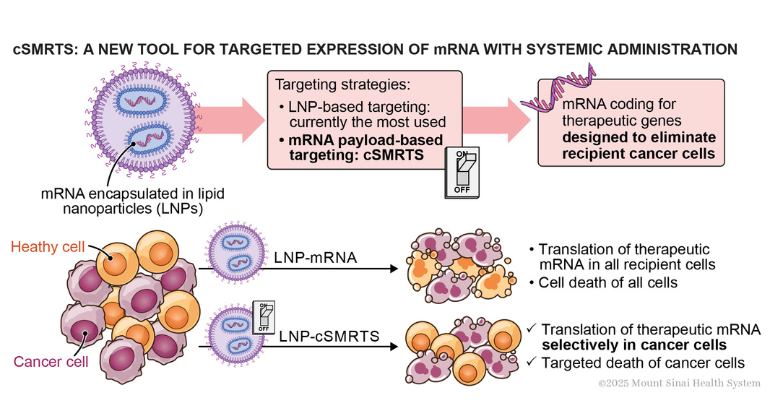
Scientists Develop a Smarter mRNA Therapy That Knows Which Cells to Target
Dec 15, 2025 View All Press Releases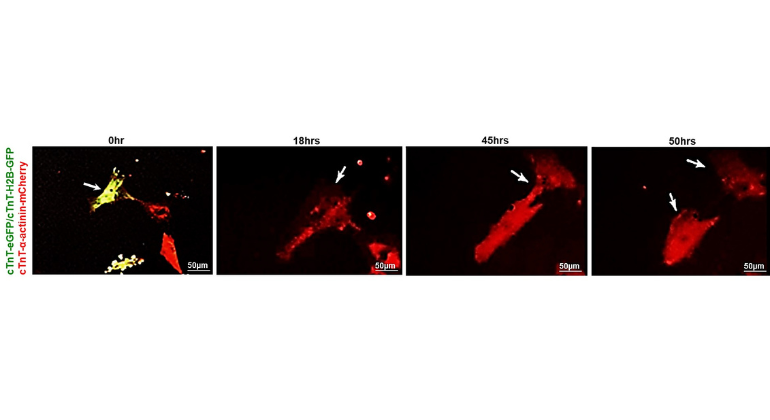
A Specific Human Gene Can Help the Heart Repair Itself From Heart Attack or Heart Failure
Nov 03, 2025 View All Press Releases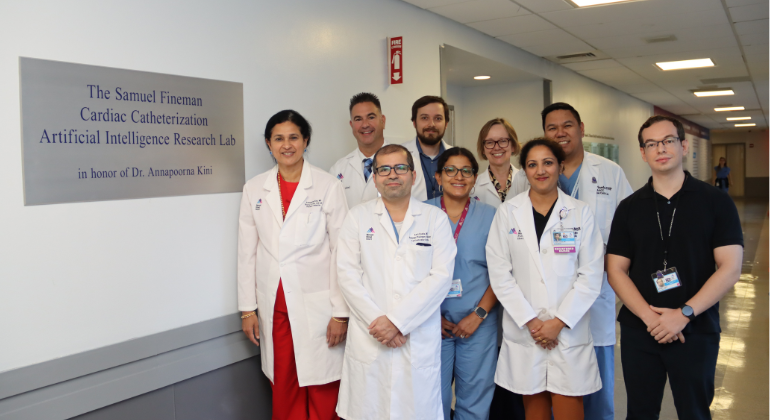
Mount Sinai Launches Cardiac Catheterization Artificial Intelligence Research Lab
Sep 15, 2025 View All Press Releases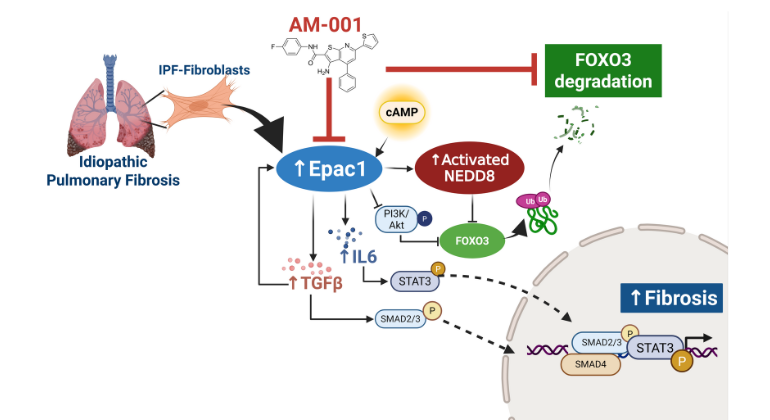
Blocking a Little-Known Protein May Offer New Hope for Devastating Lung Disease
Jul 15, 2025 View All Press Releases